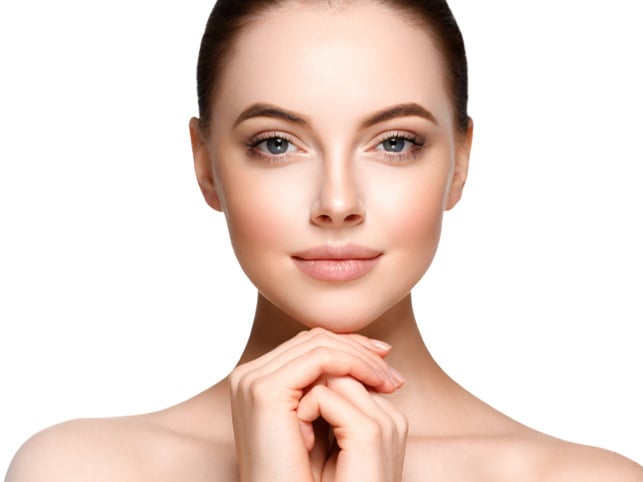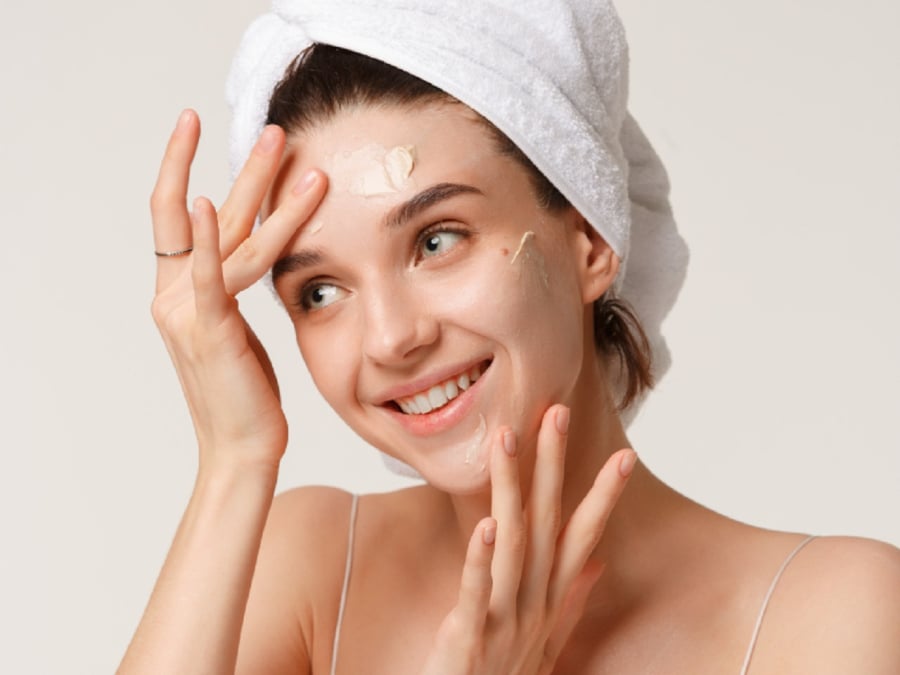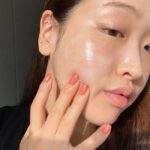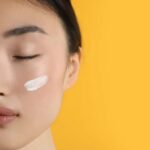Does More Massage Lead to Firmer Skin?
It is a common belief that frequent massages contribute to firmer, younger-looking skin with improved absorption of nutrients. Beauty spas and centers often promote facial massage therapies as an effective anti-aging solution. However, this is not always the case. Applying excessive force or massaging too frequently can damage the elastic fibers, causing a loss of natural skin firmness. This may lead to skin sagging, especially in sensitive areas like the eyes and mouth corners.

Skin can be likened to a rubber band – when stretched continuously, it loses its elasticity and struggles to return to its original state. Improper or excessive massage can have similar negative effects on the skin. Instead of relying solely on massages, it is more crucial to select suitable skincare products for your skin type and perform gentle skincare routines. Good habits such as proper moisturizing, sun protection, and maintaining a healthy diet will have a far more positive impact on skin firmness and youthfulness.
Should Retinol Be Used Only at Night?
Retinol has long been recognized as one of the most effective anti-aging ingredients, improving skin texture, reducing wrinkles, and enhancing cell regeneration. However, many believe that retinol should be restricted to nighttime use due to its sensitivity to sunlight and potential for skin irritation when exposed to UV rays.
In reality, retinol can be used during the day, provided it is combined with sunscreen and appropriate skin protection measures. Numerous studies indicate that skincare ingredients like vitamins A, C, and E remain stable when adequately protected. It is essential to ensure comprehensive protection from direct sunlight and maintain a consistent sunscreen application routine. While retinol may enhance skin youthfulness, the most critical aspect of anti-aging care is shielding the skin from UV rays’ negative effects. Therefore, whether using retinol during the day or night, proper sunscreen application and moisturizing remain prerequisites for healthy, beautiful skin.

Do I Need Sunscreen Only on Sunny Days?
One of the most prevalent misconceptions is that sunscreen is necessary only on sunny days. In reality, UV rays are present year-round, even on cloudy or overcast days. UVA rays, the primary cause of skin aging, can penetrate glass and affect your skin even when you’re indoors or in a car. This means that even if you don’t sense intense sunlight, your skin is still at risk of damage without proper protection.
In addition to sunscreen, sunglasses are an essential but often overlooked protective measure, especially in Asian countries. They safeguard not only your eyes but also the delicate skin around them, an area susceptible to UV damage and early wrinkle formation. Wearing sunglasses also helps prevent squinting in bright sunlight, a habit that contributes to the formation of crow’s feet. Therefore, daily sunscreen application, combined with adequate protection, is the key to maintaining healthy and youthful skin over the long term.
Does Using More Skincare Products Lead to Better Results?
Many assume that using numerous skincare products will yield better skin results, but this isn’t entirely accurate. The skin has a limited capacity for nutrient absorption, and overloading it with too many products can lead to clogged pores, acne, and irritation. Particularly when using multiple products with potent active ingredients like AHA, BHA, or retinol, the skin may become overwhelmed and more sensitive.
Instead of following a complex skincare routine with countless products, it is more important to understand your skin’s needs and choose only the necessary ones. A simple yet comprehensive skincare regimen that includes cleansing, moisturizing, and environmental protection will yield more sustainable results than layering on numerous products simultaneously.
Is External Skincare Enough?
Combining internal and external care will yield optimal results in maintaining youthful and glowing skin over time.
“The Sweet Tooth Blues: How Socialite Dao Hy Nhi Reversed Dull Skin with a Dynamic Duo”
“Skin concerns like dullness, dark spots, and uneven tone may not impact one’s health, but they can certainly dent a woman’s confidence. Take a leaf out of real-life wealthy socialite, Dao Hy Nhi’s book, and discover her brightening skincare secrets with two easily accessible essence types found in today’s cosmetic market.”
6 Sun-Protecting Juices: Natural Alternatives to Sunscreen This Summer
Introducing a delightful way to boost your health and protect your skin! These carefully crafted juices are packed with essential vitamins and minerals that your body needs. But that’s not all – they also offer a natural defense against the sun’s harmful UV rays, functioning as a sunscreen from within.














